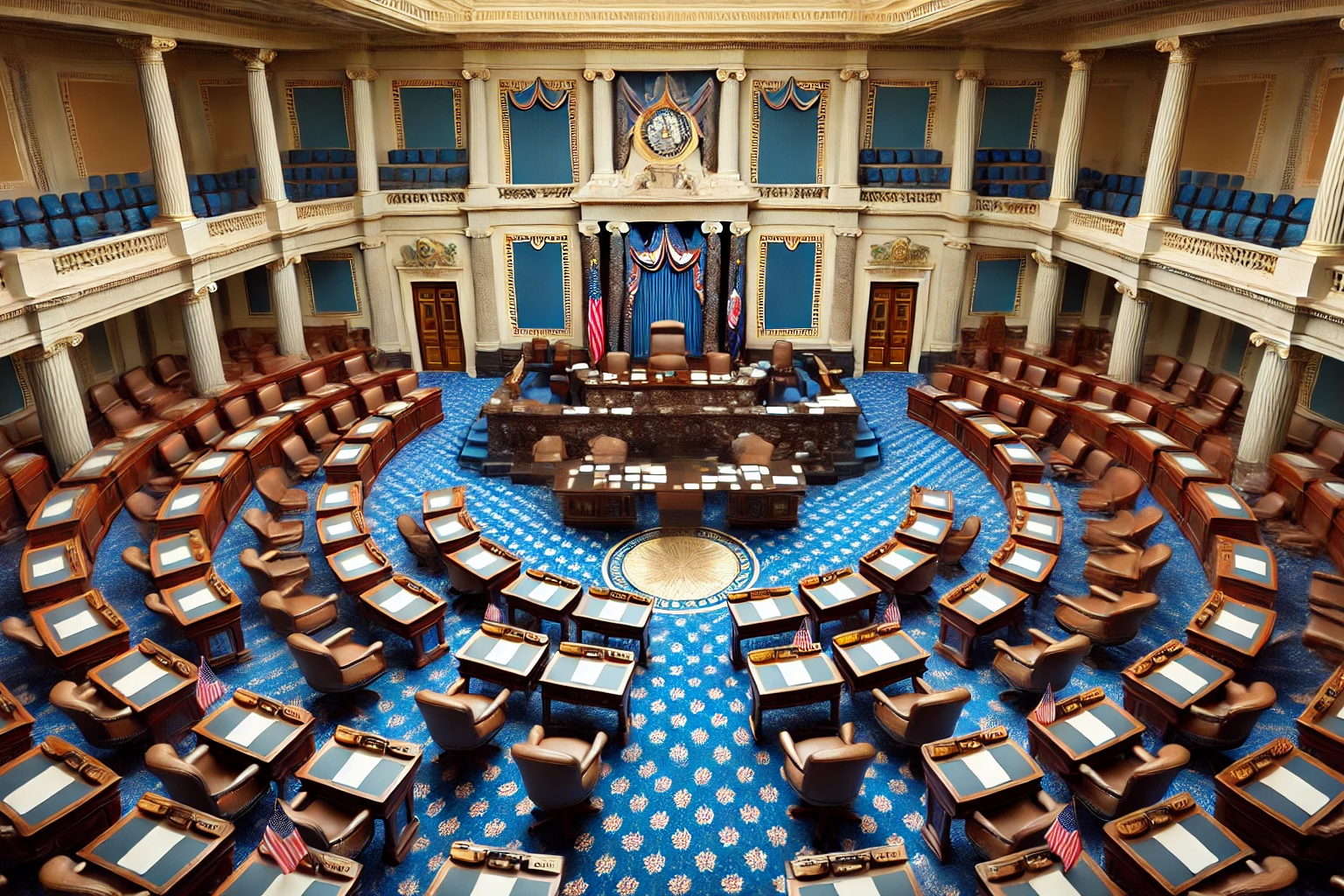2025-05-09

An effort to establish the first U.S.
regulatory framework for stablecoins collapsed in the Senate on Wednesday after
Democrats withdrew their support, citing concerns over President Donald Trump’s
cryptocurrency activities.
The Guiding and Establishing
National Innovation for US Stablecoins (GENIUS) Act failed to clear the
60-vote threshold needed to advance in a 49-48 procedural vote.
Senators Rand Paul and Josh Hawley
broke ranks with Republicans to join Democrats in opposition.
The bill, aimed at regulating
stablecoins, digital assets pegged to the U.S. dollar, had been seen as a rare
bipartisan push to provide clarity in the fast-growing crypto sector.
Backed by Senators Bill Hagerty (R-TN),
Tim Scott (R-SC), Kirsten Gillibrand (D-NY), Cynthia Lummis (R-WY), and Angela
Alsobrooks (D-MD), the bill advanced out of the Senate Banking Committee
earlier this year with five Democratic votes.
But in recent days, Democrats raised
alarms over the bill’s perceived loopholes, including the risk of boosting
Trump’s crypto interests, insufficient anti-money laundering provisions, and
gaps in consumer protections.
Senate Majority Leader John Thune
(R-SD) blasted Democrats after the failed vote, saying, “Democrats have been
accommodated every step of the way. Frankly, I just don’t get it.”
Senator Elizabeth Warren (D-MA), one of
the bill’s fiercest critics, warned that the legislation as written would
"supercharge Donald Trump’s corruption," undermine national security,
weaken consumer protections, and expose taxpayers to future bailouts.
“The only version of this bill that we
have seen is one that the Republicans put out,” Warren said. “We cannot allow
this to become another giveaway to the rich while putting everyday Americans at
risk.”
Earlier this week, nine Senate
Democrats who had been open to supporting the bill sent a letter demanding
further changes. They called for stronger anti-money laundering measures,
tighter oversight on foreign issuers, and increased accountability for violators.
While Republican leaders urged the
Senate to advance the bill and continue negotiations afterward, Democrats
refused, insisting the text was not ready. Senator Mark Warner (D-VA), a lead
negotiator, said, “The work is not yet complete, and I cannot in good
conscience ask my colleagues to vote for unfinished legislation.”
Senator Ruben Gallego (D-AZ) had
requested a delay until next week to finalize the bill, but Republicans
declined, opting to proceed with the vote.
Despite the setback, some remain
optimistic. Blockchain Association CEO Kristin Smith said the bipartisan
momentum is encouraging, even if the outcome was disappointing. Treasury
Secretary Scott Bessent echoed those sentiments, emphasizing the need for U.S.
leadership in digital asset regulation.
Meanwhile, some Democrats introduced
the End Crypto Corruption Act, which would bar top government officials
and their families from promoting or launching cryptocurrencies, a direct
response to concerns over Trump’s involvement in the sector.
As negotiations stall, both sides agree
on the urgency of regulating stablecoins but remain divided on how to get it
done.